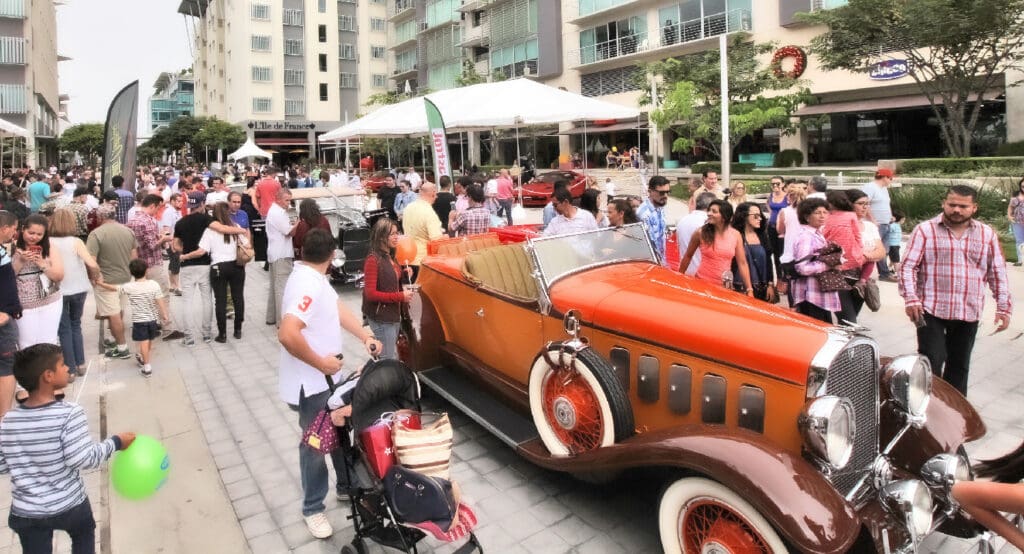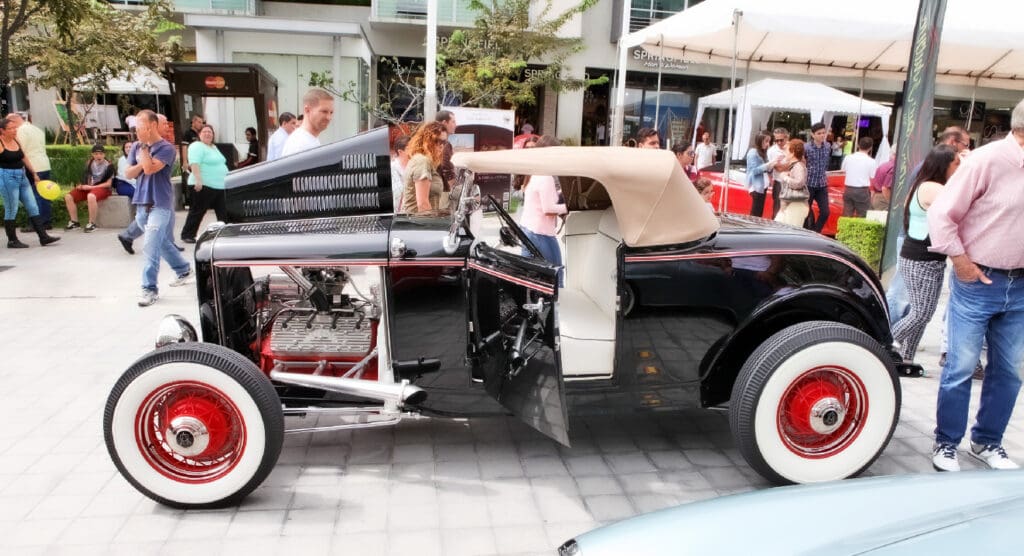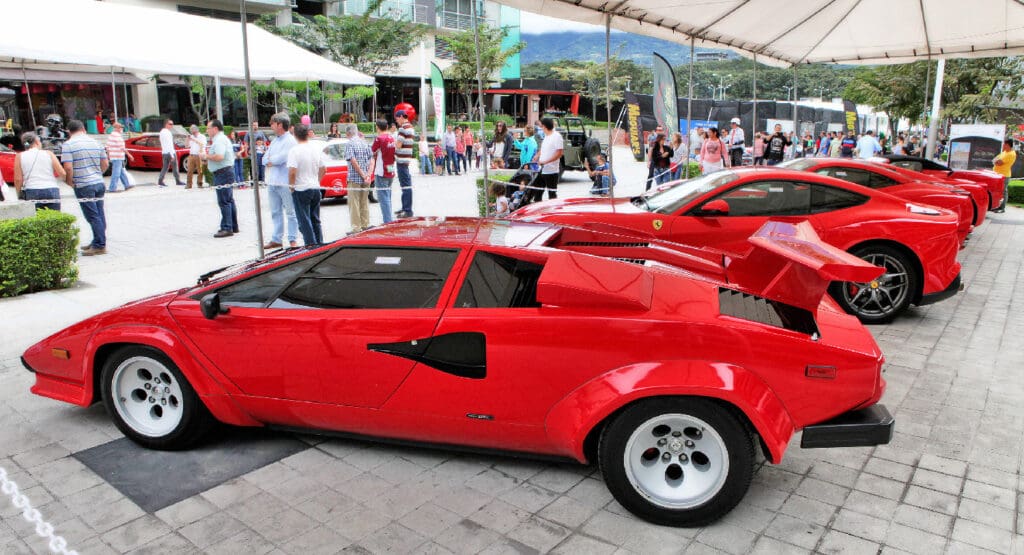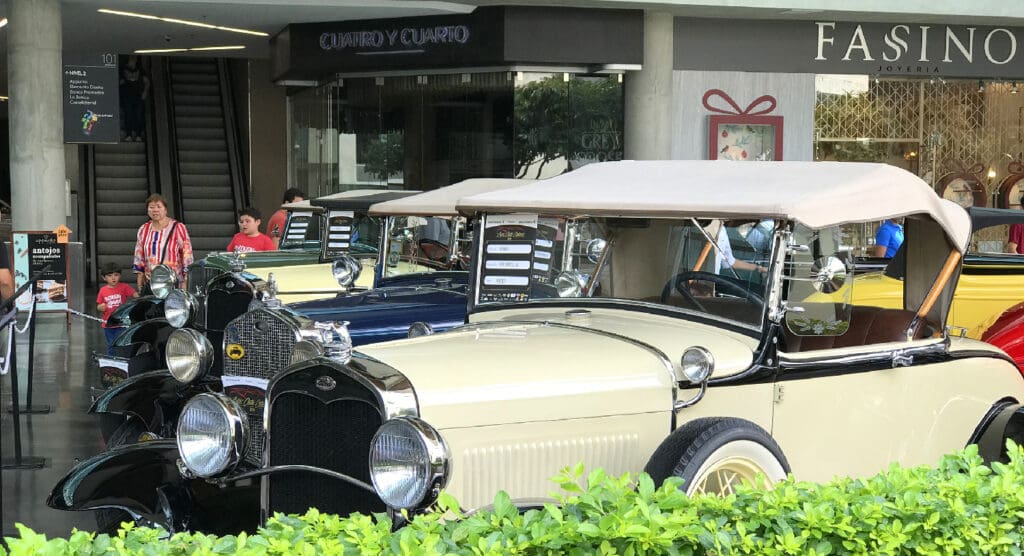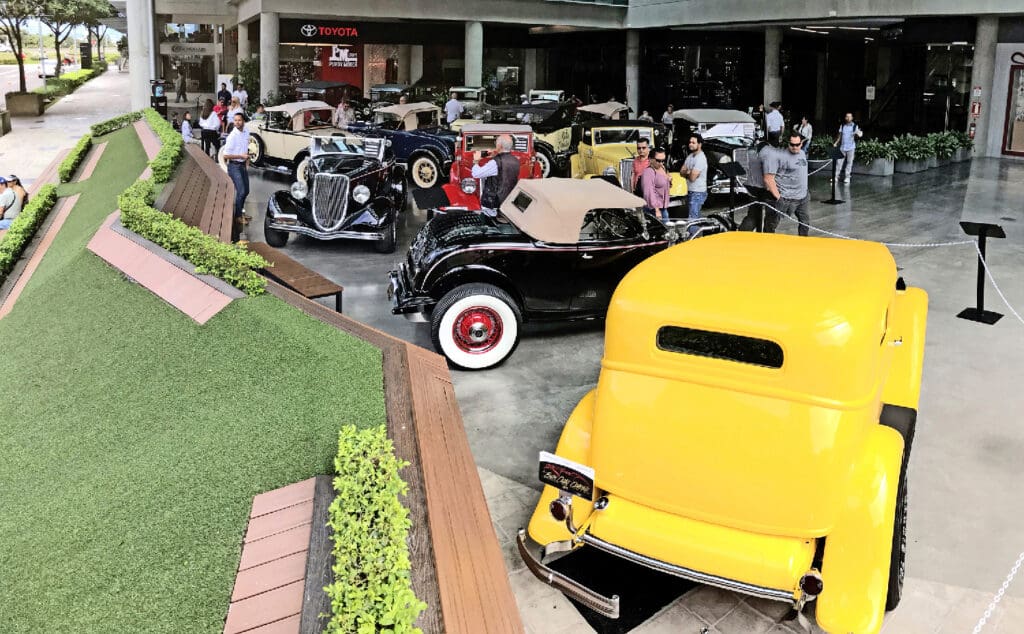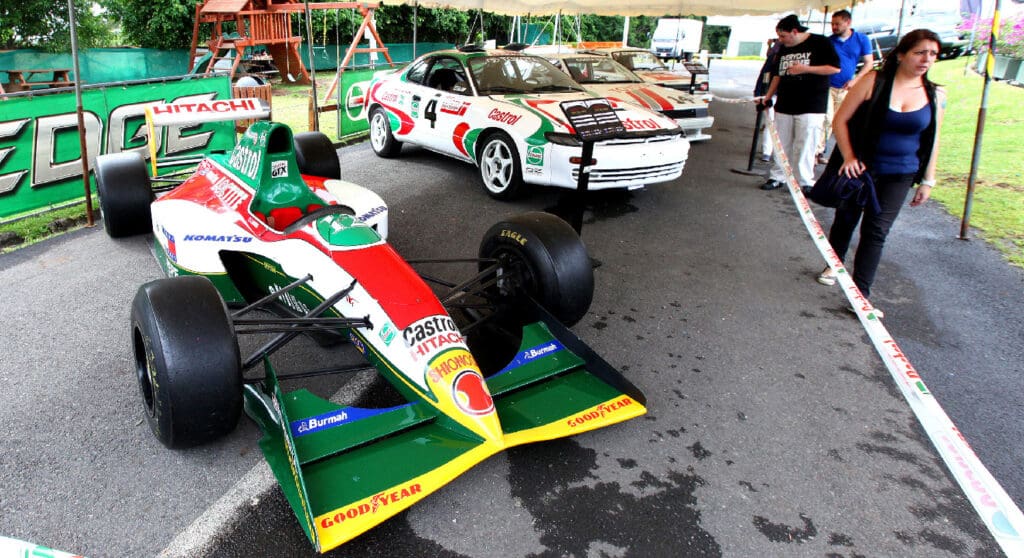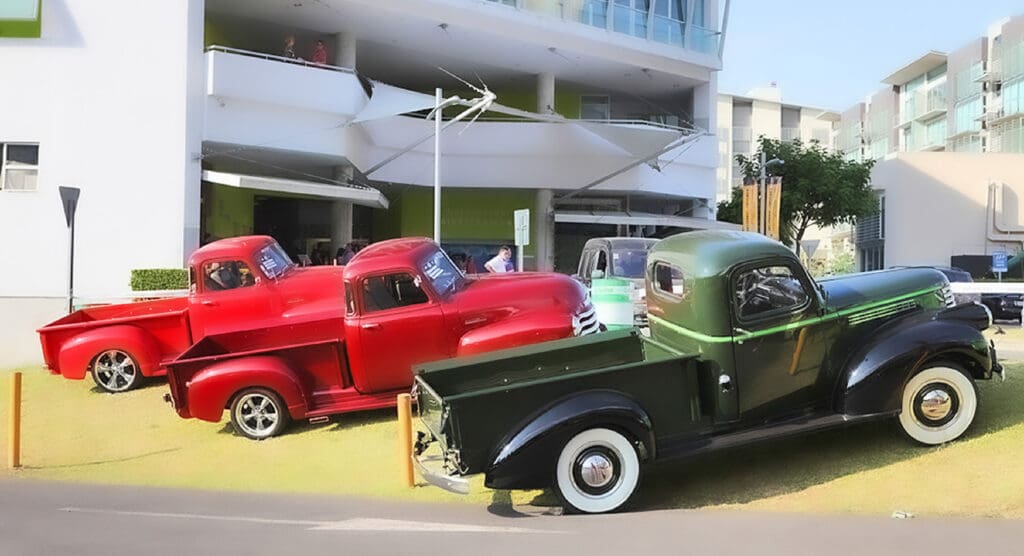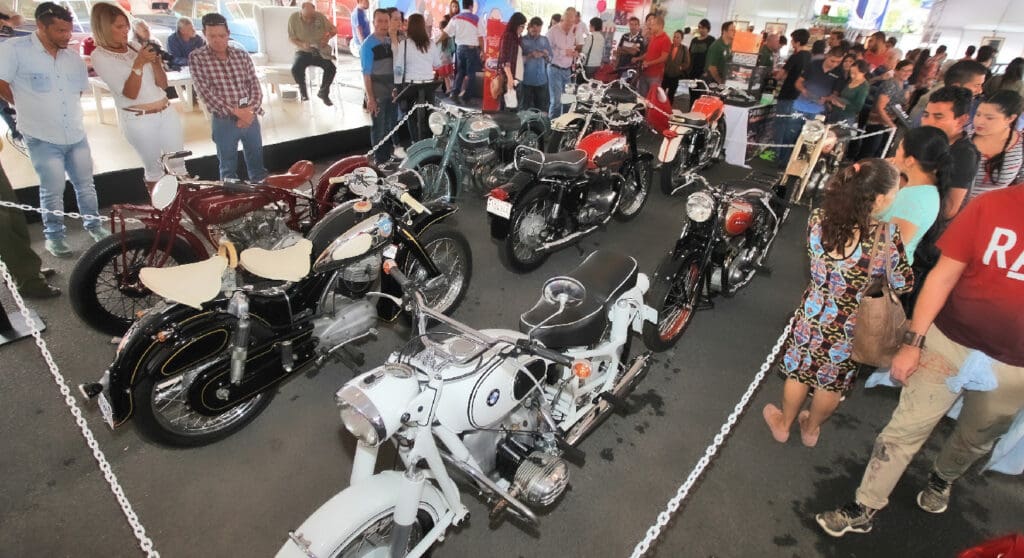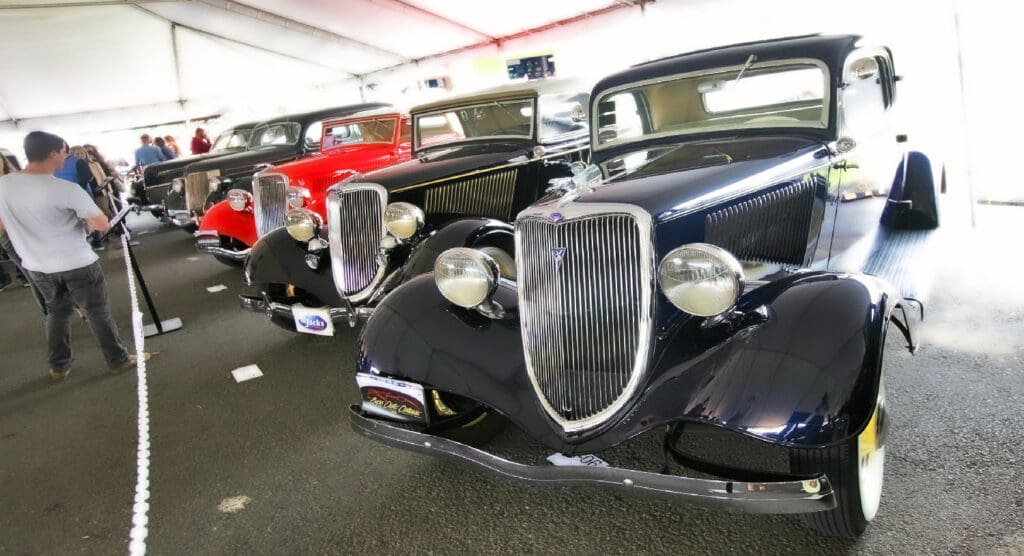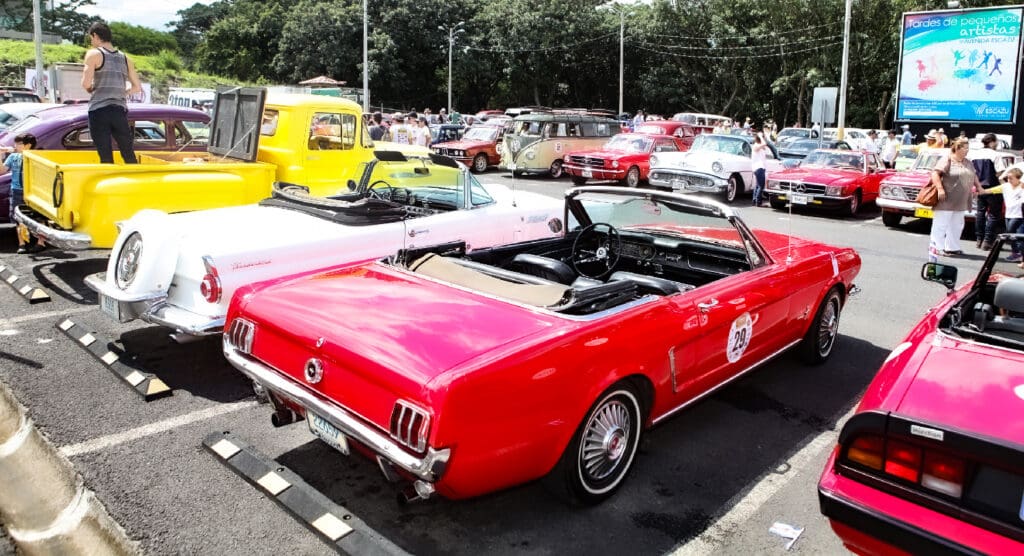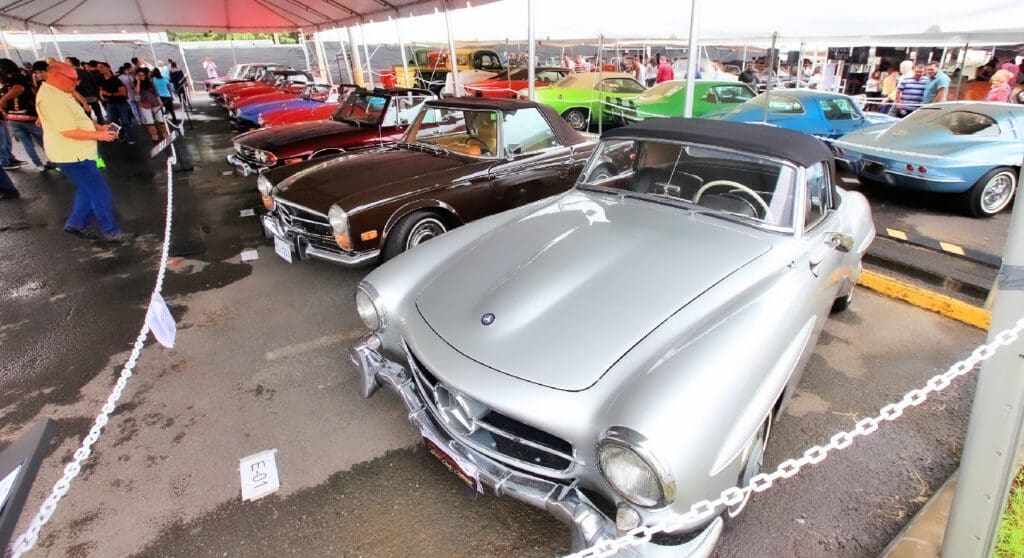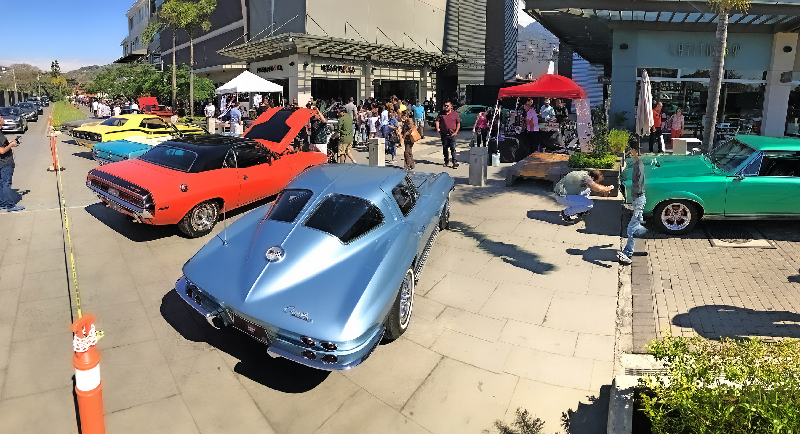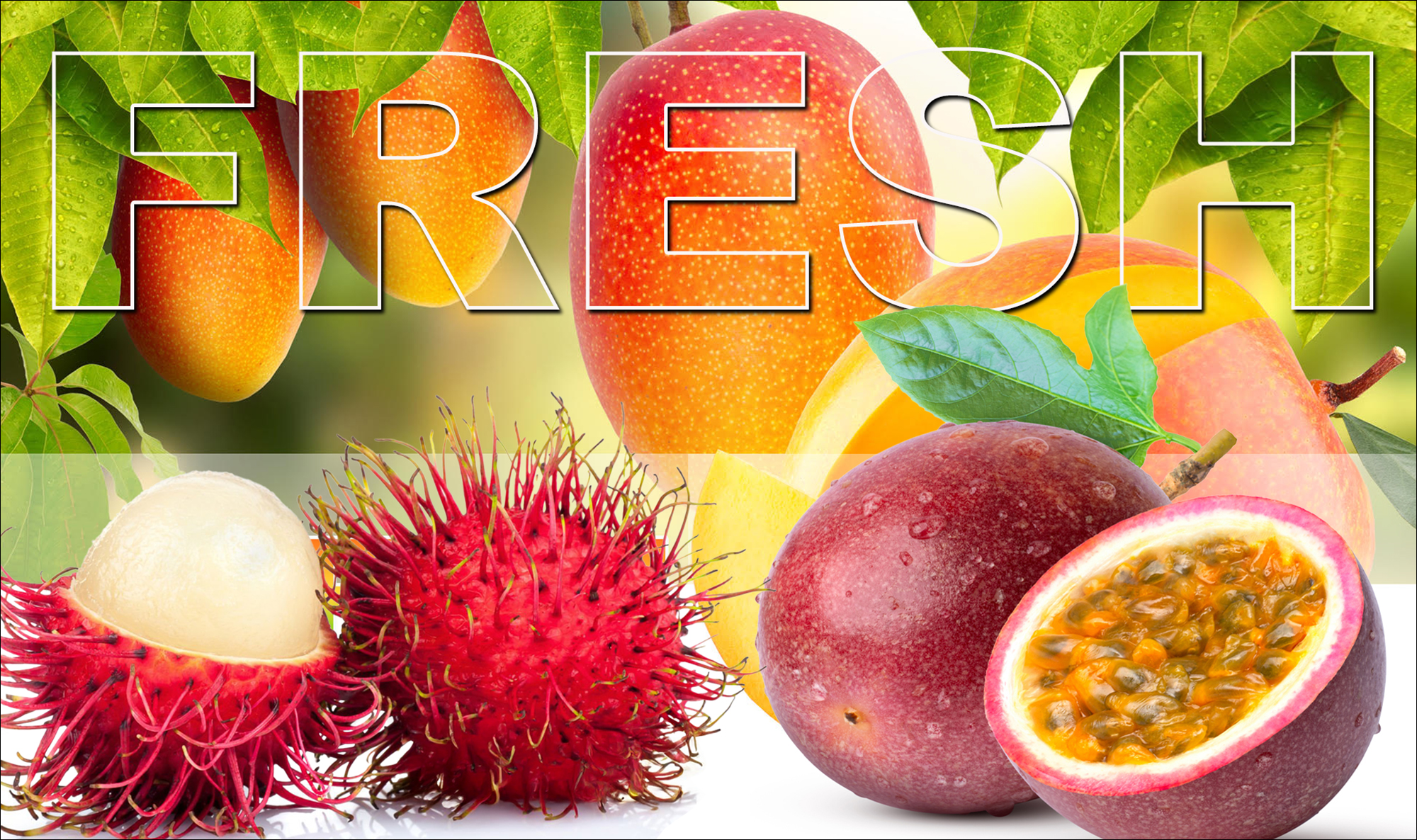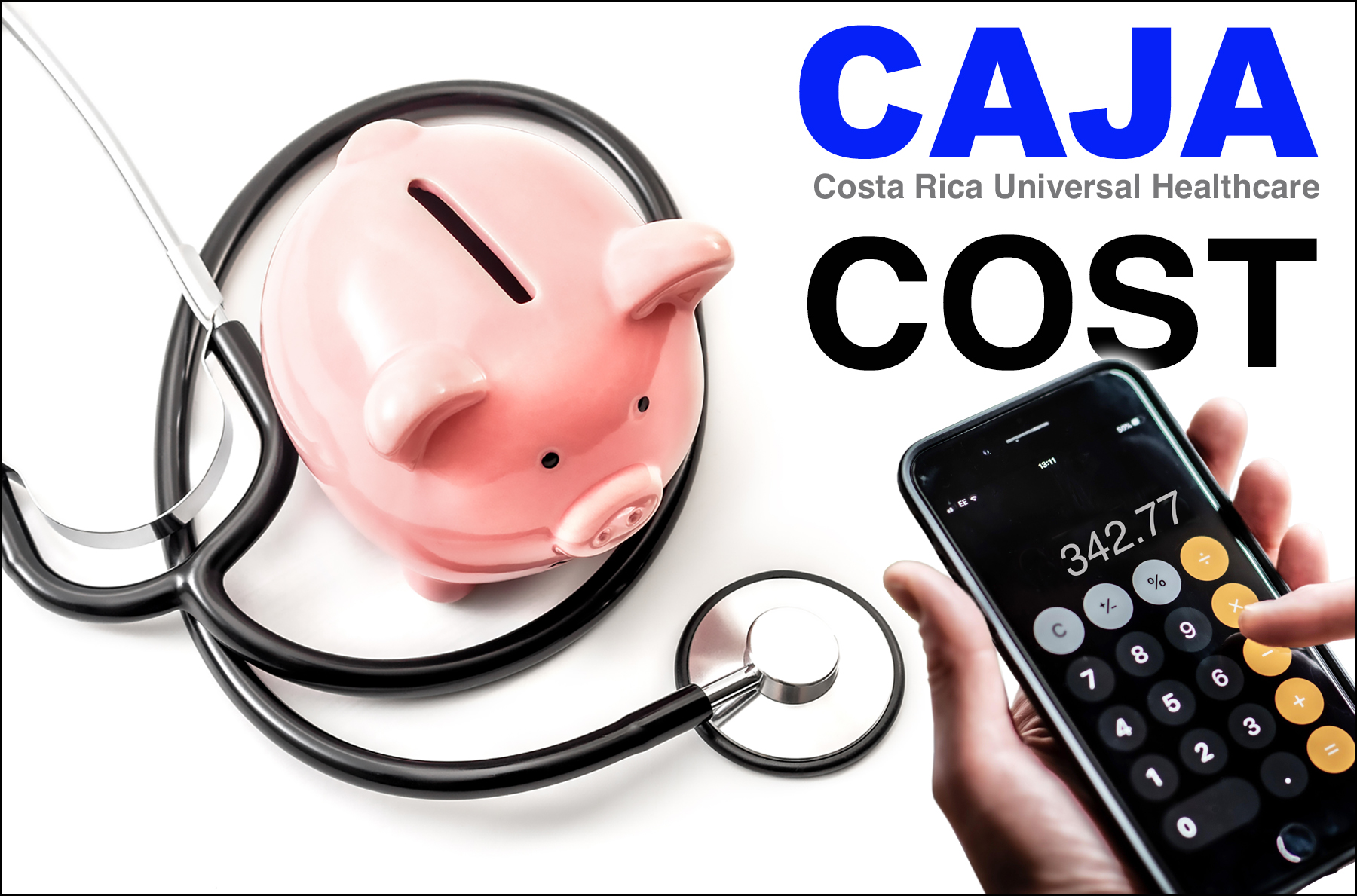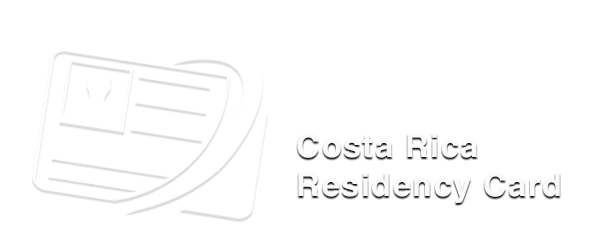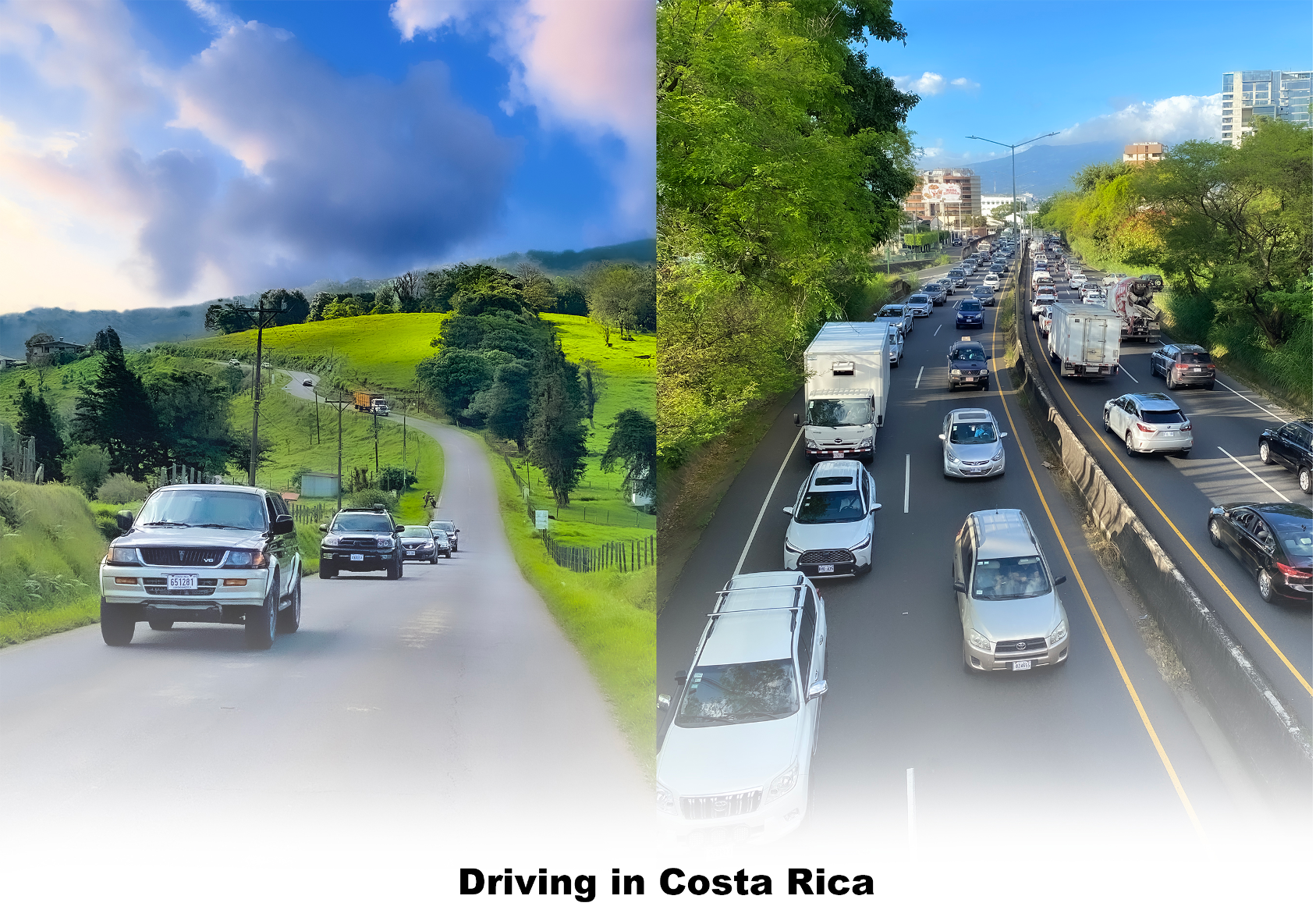
In a word: Different.
You need to re-frame your idea of how to drive when you come to Costa Rica.
Road behaviors that can get you arrested and have your license suspended in your home country are often ignored here in Costa Rica. So you are left dealing with some really intrusive and outrageous habits here.
Including but not limited to parking in the wrong direction on the side of any street or road, tailgating, and driving way below the speed limit with a mile of cars behind, unable to pass due to the narrow, twisting roads.
You will be met with extra hostility and combativeness if spotted as a foreigner, even if you have legal residency or citizenship. You are “the other,” and when involved in any prickly difference of opinion, especially in driving, you will inevitably encounter the “Who-are-you-as-an-outsider-to tell-me-how-to-drive?”
I was once at a U.S. Embassy affair speaking with a liaison staffer who had been posted worldwide. Our small talk got around to traffic. He cited Costa Rica as the most challenging to drive in, just behind India and Lebanon. Based on personal experience, I would add Montreal and Boston traffic experiences as the greatest tests of patience.
Latin culture, compromised road space and designs, seasonal flooding and mudslides, no road shoulders, overgrown foliage on the road edges, unqualified/unlicensed drivers, many older vehicles, underpowered farm trucks, and transport haulers – and worst of all, due to no enforcement – cell phone addicts.
But it is manageable if you learn to adapt.
Rule #1: Always withhold your road rage. It holds zero possibility of advancing your position and opens the possibility of deadly violence.
I often drive or am driven in road-clogged San Jose, where you must always be hyper-vigilant and defensive. I’ve been involved in zero accidents in 20 years and 220,000 km.
It is doable.
Looking carefully, you will notice that 60% of drivers here are willing to be courteous and fair about sharing road space. So, in most instances, you have issues with 40% of other drivers. The rest of us go with the flow fairly and equitably. When someone lets you in line, be sure to flash your fourways at least three times. This signals a sincere “thank you.”
Rule #2: You must always carry emergency roadside equipment such as reflective cones, triangles, and wheel-changing tools, etc. If stopped and checked, you can receive a ticket for not having a kit on board.
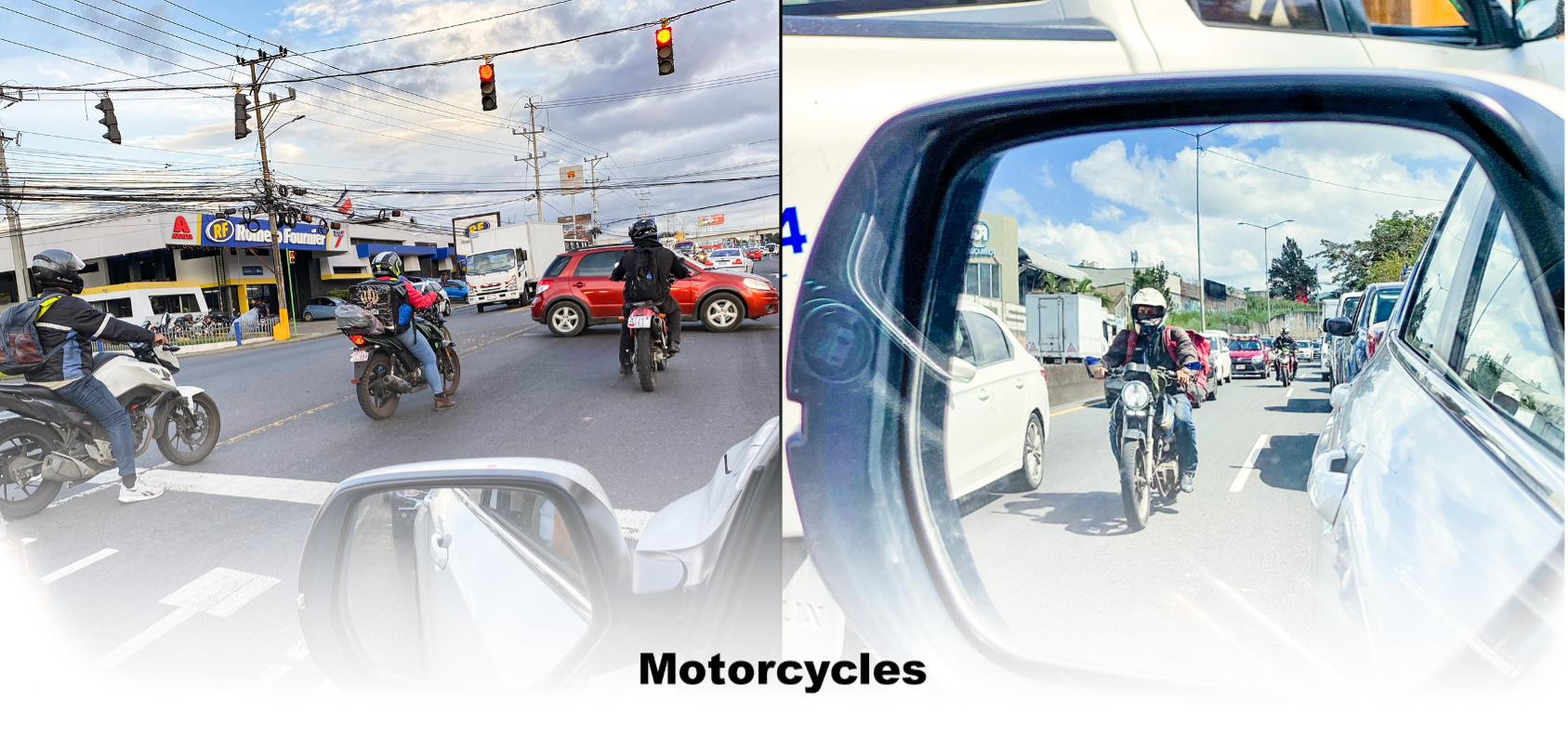
Costa Rican roads are heavily populated by a wide range of two-wheeled transportation, from infantile-looking scooters to motorized pedal bikes to “crotch rockets” (high CC sportbikes) and Harleys. Watch out for all of them. They make their own lanes. Some riders are incredibly reckless, but most know exactly what they are doing.
Rather than trying to squeeze them out or block them from passing you, move to the right or left and let them by. Most are providing an essential service. Many are messengers or food delivery individuals working hard to make a living. Others are students going to and from school or employees commuting to and from work.
Cut them slack.
You will get used to this after a while. At all times, be hyper-vigilant for them before changing lanes. I see at least one motorcycle accident weekly in my San Jose travels. Those can cause massive traffic jams while the debris is cleared. Most of them are caused by passenger vehicles failing to yield. You want to be something other than that driver. Lengthy, time-consuming issues follow any such events, no matter how minor the damage or injury.
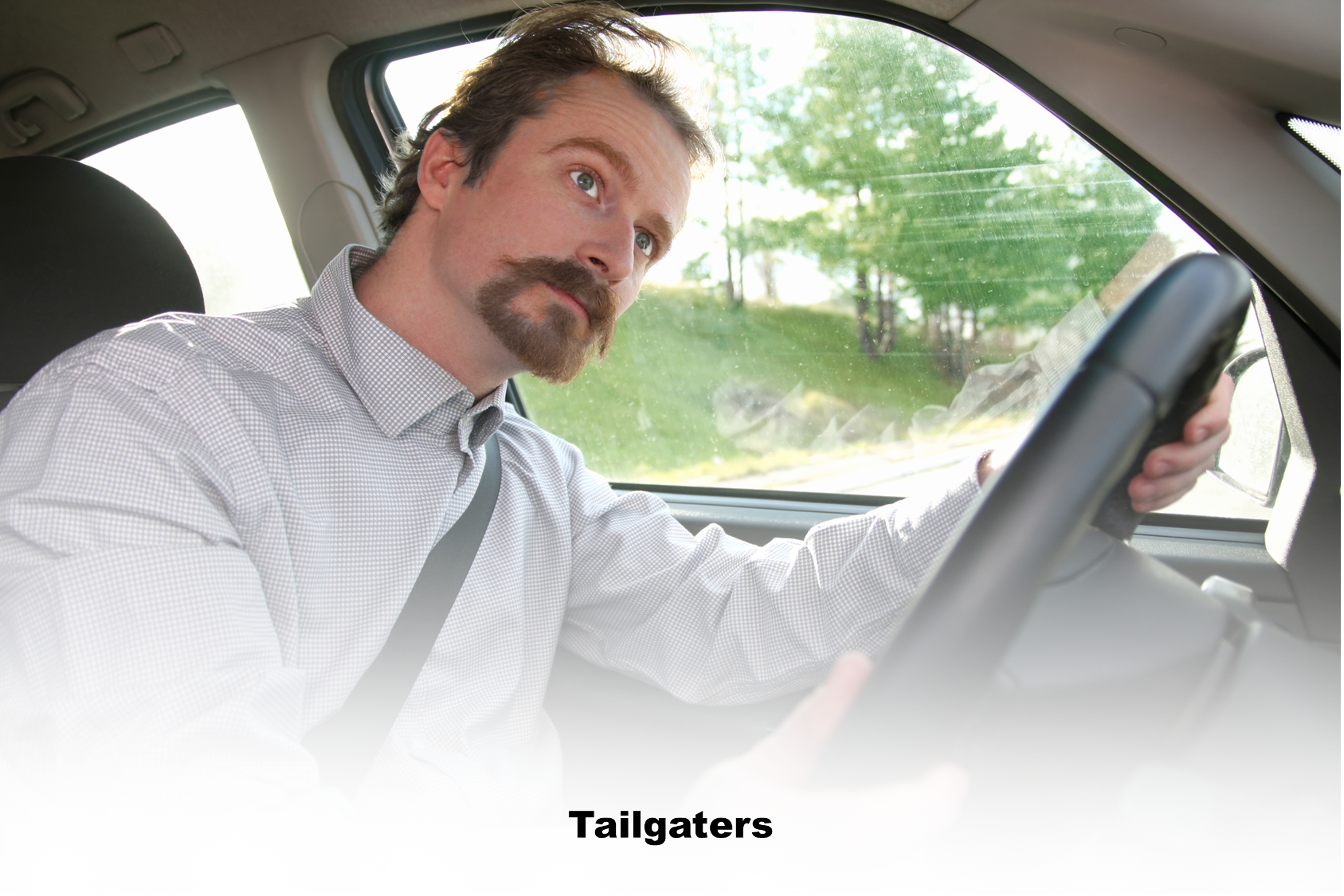
Tailgating used to be really bad here, but it has diminished significantly. If you encounter it, hit your four ways to signal the tailgater to back off. If they refuse, leave extra space before you to allow more room for a more gradual stop when needed. Never argue with a fool, or very soon, others will be unable to distinguish between the two of you. Patience. Play it cool.
Defense is key
Due to budgetary limitations, there is only a fraction of per capita traffic police here in Costa Rica compared to the U.S., Canada, or EU. As such, speeding is widespread, and traffic signs are often ignored. Especially STOP or YIELD signs.
Assume nothing at any intersection.
Even if your light turns green, approach all intersections cautiously, looking both ways and be ready to stop for someone running a red light. Older vehicles, cabs, and motorcycles are most often the culprits that run red lights.
But the #1 annoyance is the ubiquitous cell phone use.
Many drivers in any vehicle that needs to slow down or stop in traffic automatically use that slowdown or stop to resume cell phone use. It’s like a Pavlov’s dog response. As a result, when that red light you are all waiting at turns green, be prepared to tap the horn to alert the driver ahead of you to lift their eyes from the phone and get moving. (A light tap. Not an angry trumpet blast).
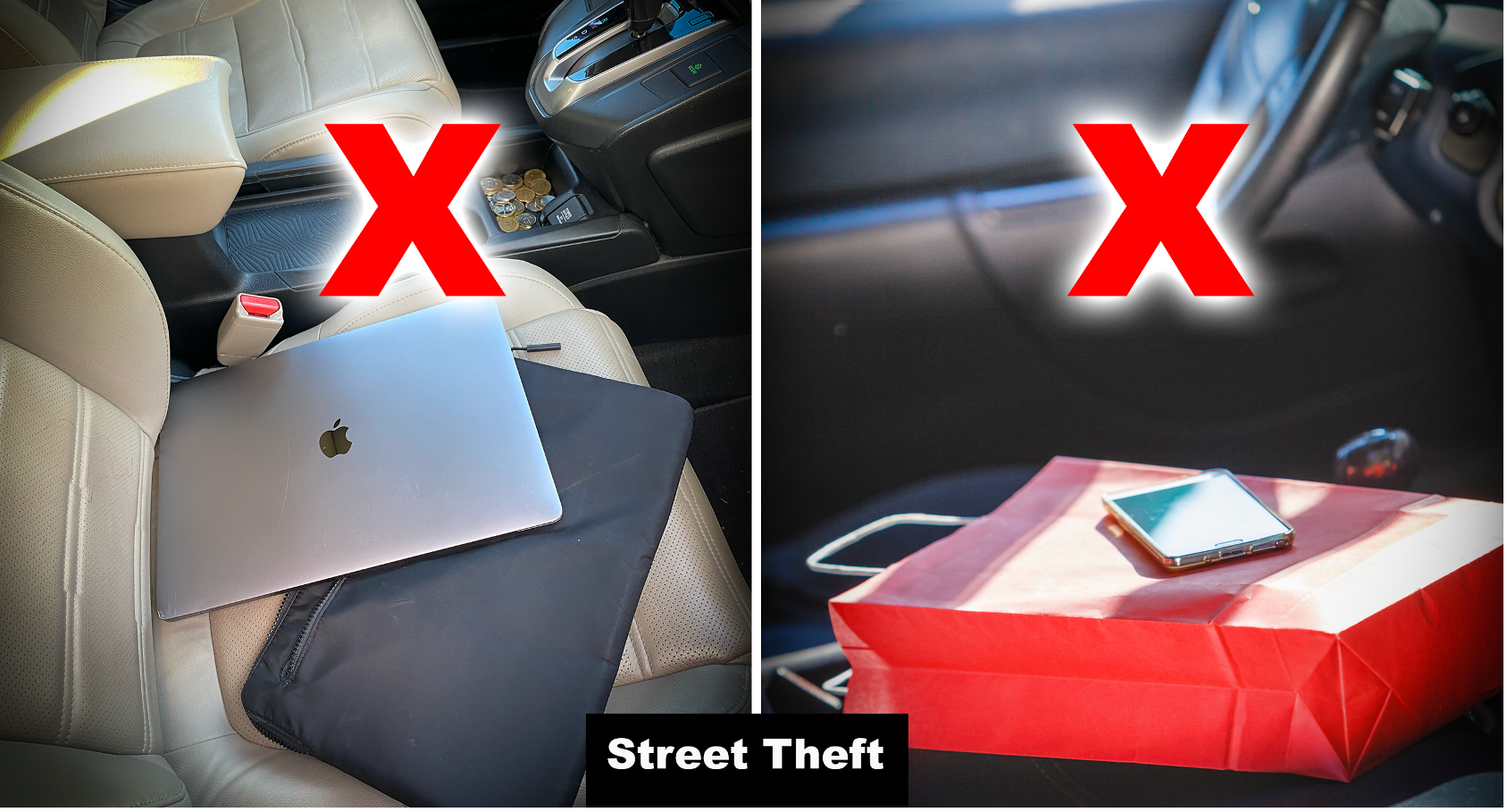
In Costa Rica, especially in touristy areas such as the beach or national attractions, use the same common sense you would use in any big foreign city you originated from. Keep your doors locked at all times, even when driving. Covid left many thousands destitute. A refugee crisis has also placed many beggars and desperate people on street corners here. Most are only looking for a handout of change. But criminals/drug addicts sometimes blend into the mix. A locked door is the best deterrent.
When parked, don’t leave anything valuable on the seats or console. Take the extra time to conceal it, even if you intend to jump out for an errand for a few minutes. (Famous last words).
Be disciplined in these routines and never find yourself on a victim list.
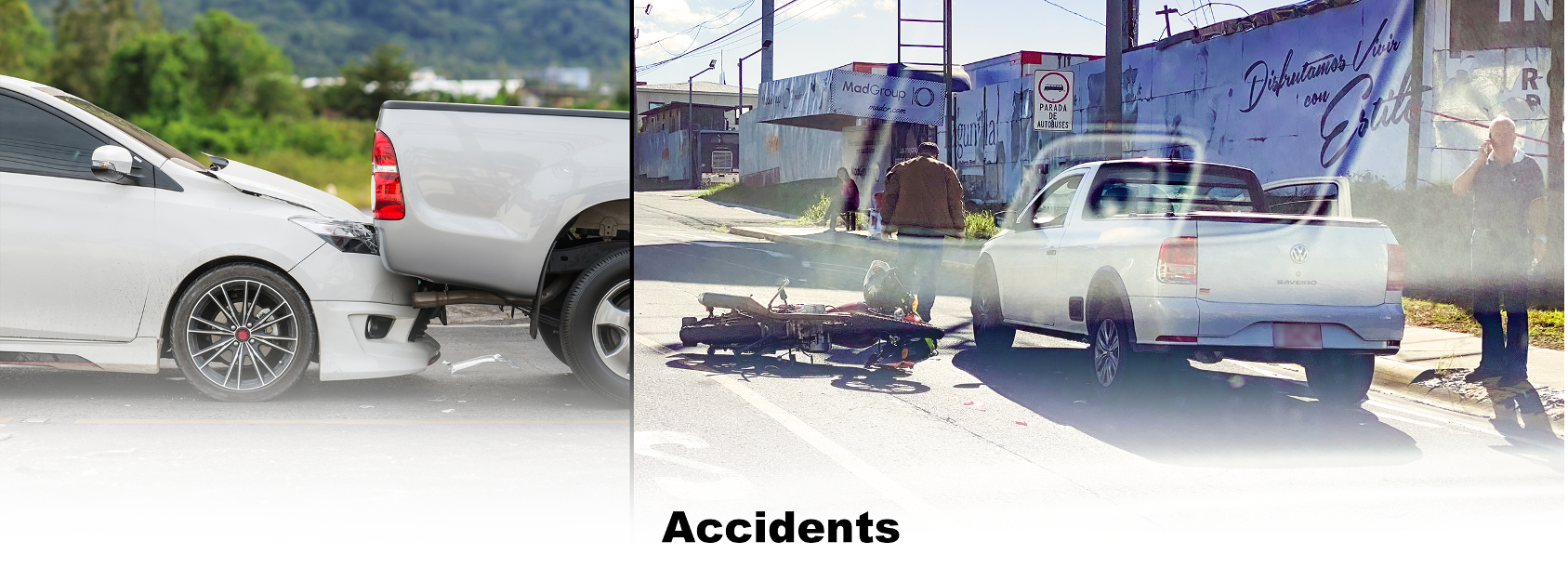
In Costa Rica, all vehicles involved in a traffic accident, no matter how minor or how heavy the traffic tie-up, must remain in place until the cavalry shows up to take measurements and notes and issue tickets. (Another law in desperate need of change). The process is much more onerous than in Canada and the U.S. So, be a very defensive driver in CR at all times. If your vehicle is moving, you must be totally focused and undistracted. Yes. You’ve been told that since you learned to drive. But most forget that advice and “take breaks” from total focus. Costa Rica is where that rule applies 100% of the time. Blink, and you could hit that massive pothole or miss that driver cutting you off or running a red light.
Parking
Parking on the wrong side of the street is common here and often causes accidents due to compromised visibility at intersections or tight road space when meeting oncoming traffic. Many venues have no enforcement. Also, yellow-painted curbs indicate no parking, which is often ignored. This will drive you crazy if you let it. Don’t. Just add a bit more caution to your navigation.
But in many venues, it will result in police ticketing you and removing your license plates. Retrieving them can be very costly, not to mention incredibly inconvenient. So, don’t emulate what you see many others doing wrong. Take the extra time to do what is correct and legal and stay out of trouble. Dealing with trouble here takes much longer than in the U.S. or Canada. Parking in a slightly less convenient spot may only result in an extra one minute of time and less than that in walking distance.
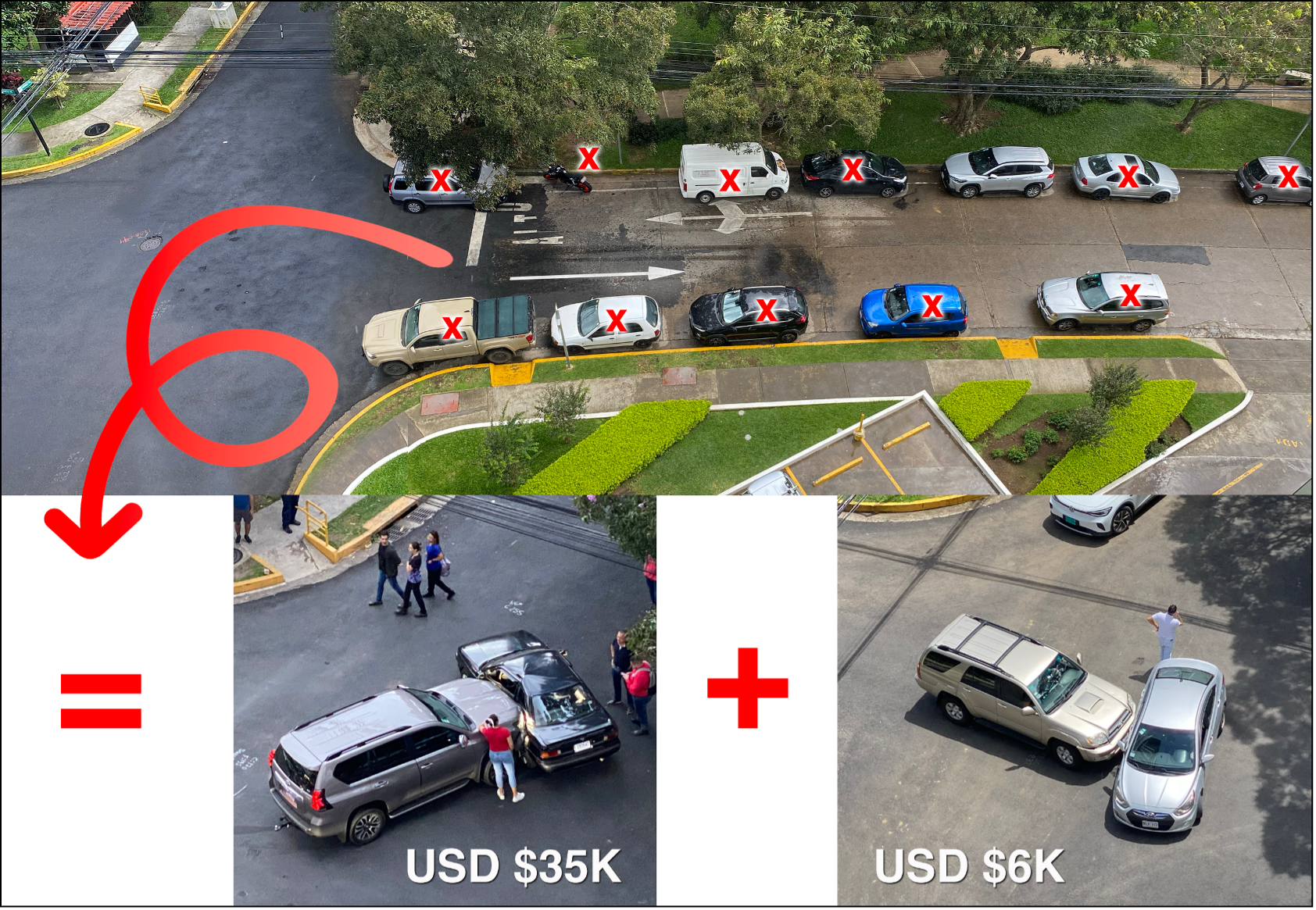
The cars marked with an “X” above are parked in the wrong direction. Some are also illegally parked in front of a yellow-painted curb. The vehicles nearest the left intersection are blocking visibility for moving vehicles to see oncoming traffic from the cross street. These two accidents were photographed within one week of each other. In the costliest accident, both drivers had been on their cell phones, according to witnesses. (as if the lousy parking hadn’t hindered visibility enough).
New traffic enforcement initiatives, including against cell phone use, have been strongly proposed. Such needed change has been hampered by budgetary shortcomings due to the economic devastation of COVID.
One of the proposals is to hire at least 1,000 more transit police. These destructive behaviors are not an accepted reality here in Costa Rica. Most intelligent citizens here are incensed and are demanding a fix.
While most drivers here park correctly, a disproportionately high number just can’t be bothered. Parking a vehicle perfectly centered between the slot lines is optional for them. Consideration for others seems to be a very abstract concept. Thousands of dollars in damage occur each year as a result.
Choose a parking spot furthest from the pack of other cars when able. An end spot will negate the possibility of someone parking on at least one side next to you and denting the side of your vehicle.
Better yet, in a place with a vast parking lot, park as far away from others as possible. (And under a light if at night). In a multi-level parking garage, choose the top floor for the most space away from others. It dramatically lowers the odds of damage sustained from others parking too close and denting your vehicle with opening doors. Such habits will usually only require 10 to 60 seconds of additional walking from your vehicle to the venue entrance door.
For example, the Escazu PriceMart lower-level parking lot is packed solid most evenings. At the same time, the huge upper level is empty, with the same access to the entrance with elevators and escalators plus carts. Astounding sheep-like behavior that you can turn to your advantage.
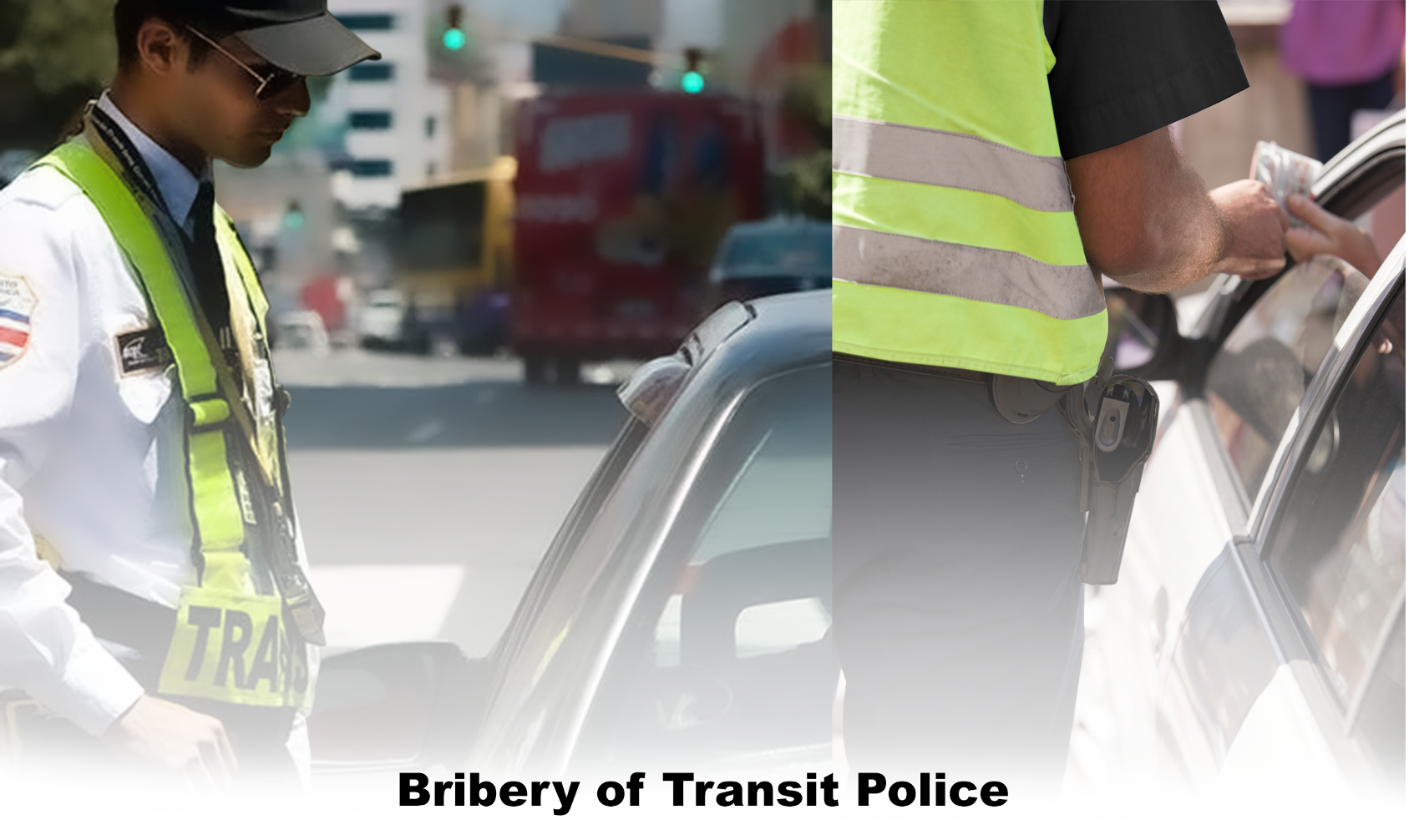
Don’t do it.
Yes. It might be an easy way to get out of something. But it weakens the entire democratic system if it continues to be widespread. There is also a massive safety and economic cost to such “traditions.” You cannot complain about corruption and then participate in it when it serves you. Consider also that if an officer does not extend an invitation for a bribe and you offer it unsolicited, he or she may be part of the increasing group of honest police – and additionally charge you with attempted bribery, which is far worse than a serious traffic ticket.
On the other hand, you may hear these set-up words from a corrupt traffic police officer:
“Don James, or Doña Jane, this is a very serious offense that will cost you a lot of money… Oh boy, oh boy… whatever are we going to do…?”
That is then followed by a pause for effect and then the “kindly suggestion” for a contribution of CRC 20K to 50K to make it all disappear. (the amounts suggested usually depend on the number of officers on the scene).
Strong suggestion: Have your cell phone on “record” throughout the entire exchange. If the bribe is offered, you have a damning recording to play back to the officer and “kindly suggest” that he/she make it go away, or you will forward the recording to the courts as a means to end his career as a dishonest cop.
Then, drive more carefully.
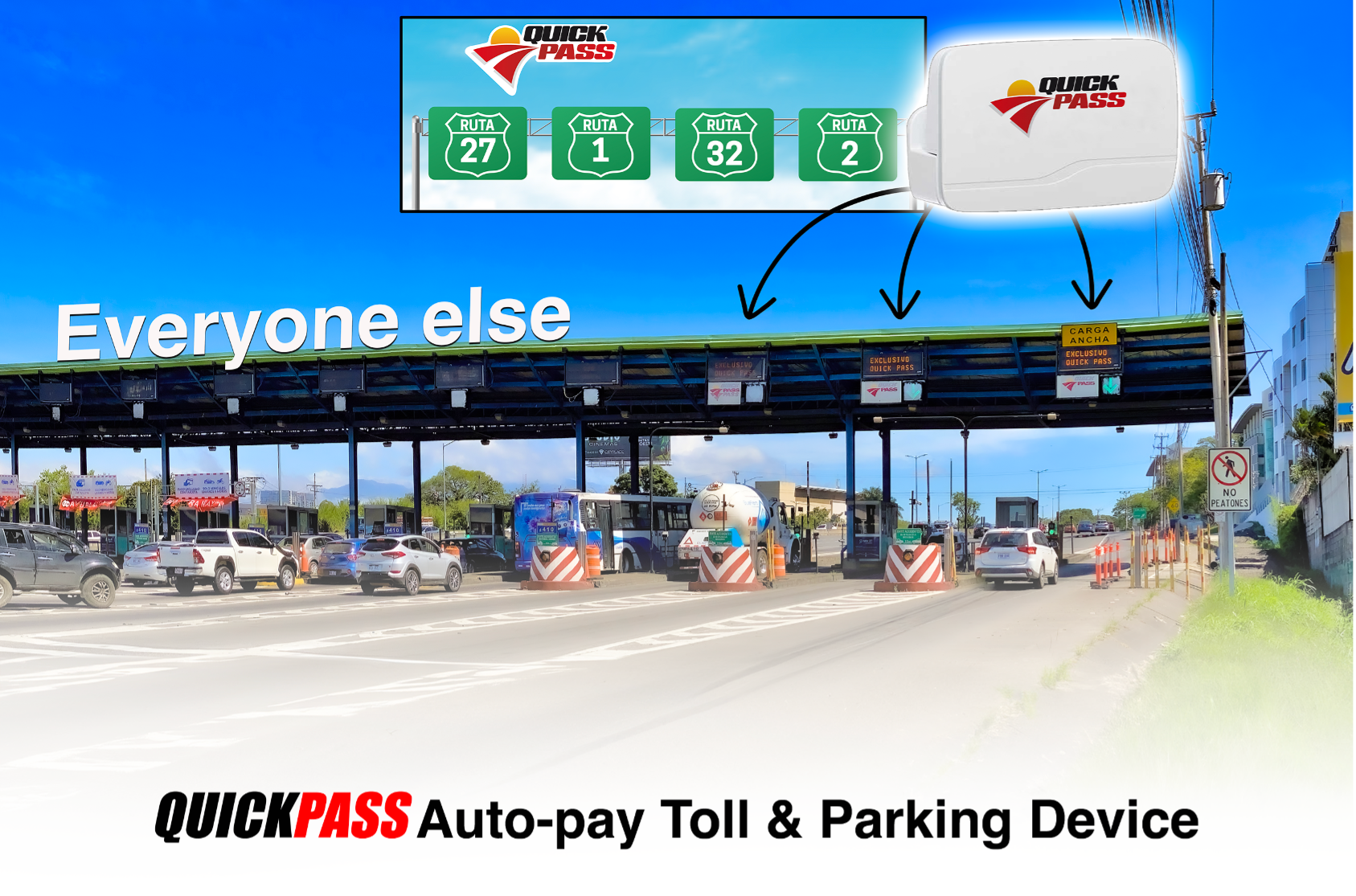
One of the best things ever invented for highway travel or parking garage entry/exit in Costa Rica is the Quick Pass radar device affixed to your windscreen just under the rearview mirror. They are available through most major banks here.
globalviaruta27.com/quick-pass/
On many occasions on highways such as the Carretera Nacional (Route 27) from San Jose to the Pacific, you will find yourself trapped behind a long line of vehicles – until you hit the next set of toll gates. With a Quick Pass radar device affixed to the back of your windscreen, you proceed over through the dedicated “QUICKPASS” lanes and suddenly pass those twenty+ obstructive cars previously in front of you. While they fiddle for change to pay in the manual lanes, you zip right through.
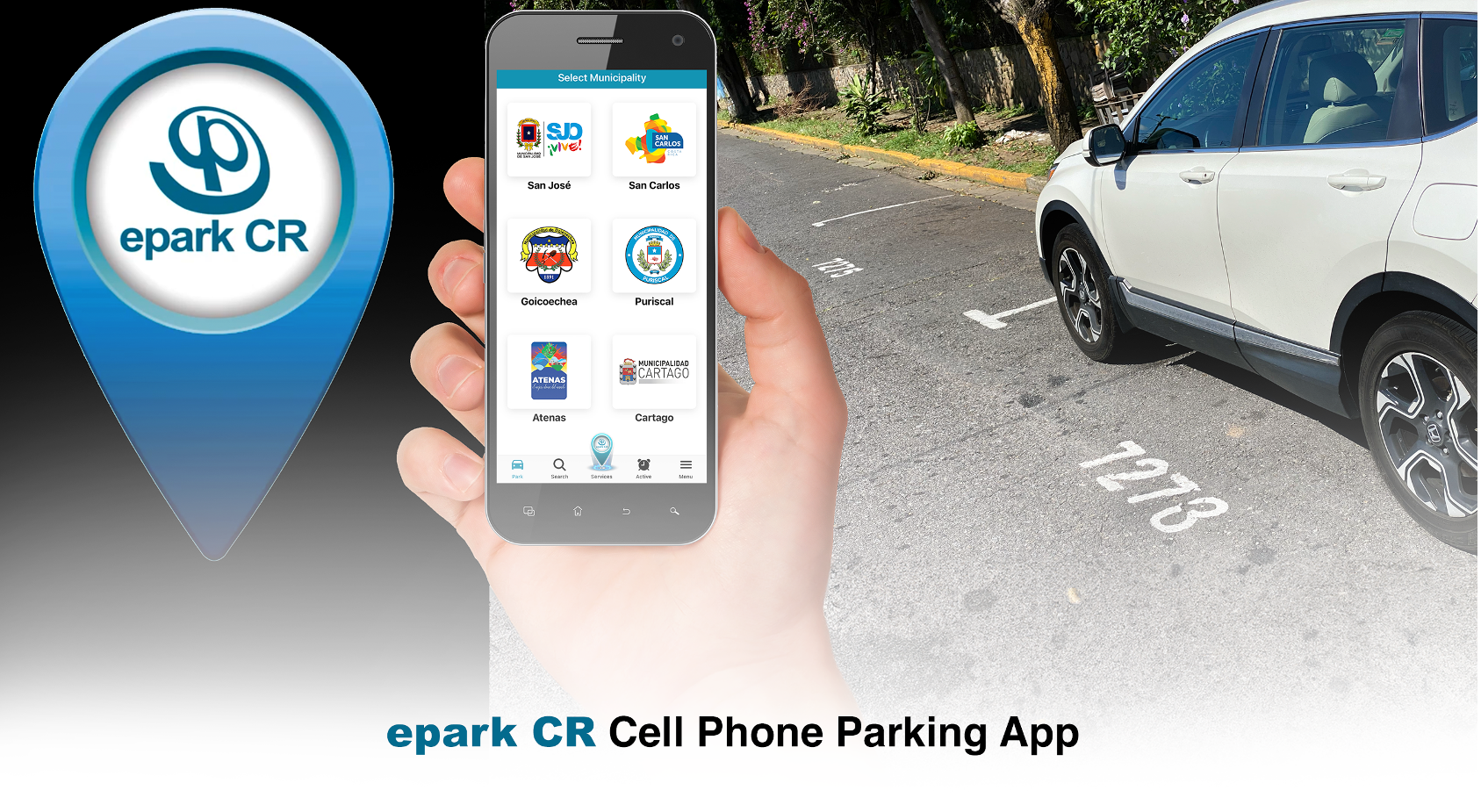
E-park CR is another very convenient technology for parking in designated (numbered) street parking spots in San Jose and surrounding areas such as San Carlos, Goicoechea, Puriscal, Atenas, and Cartago. Type in the parking space number, your plate number, and the requested time. You’re all legal atvery reasonable rates. You can even stop time and save that up for the next parking occasion. It does require a credit card linked to a Costa Rican bank.
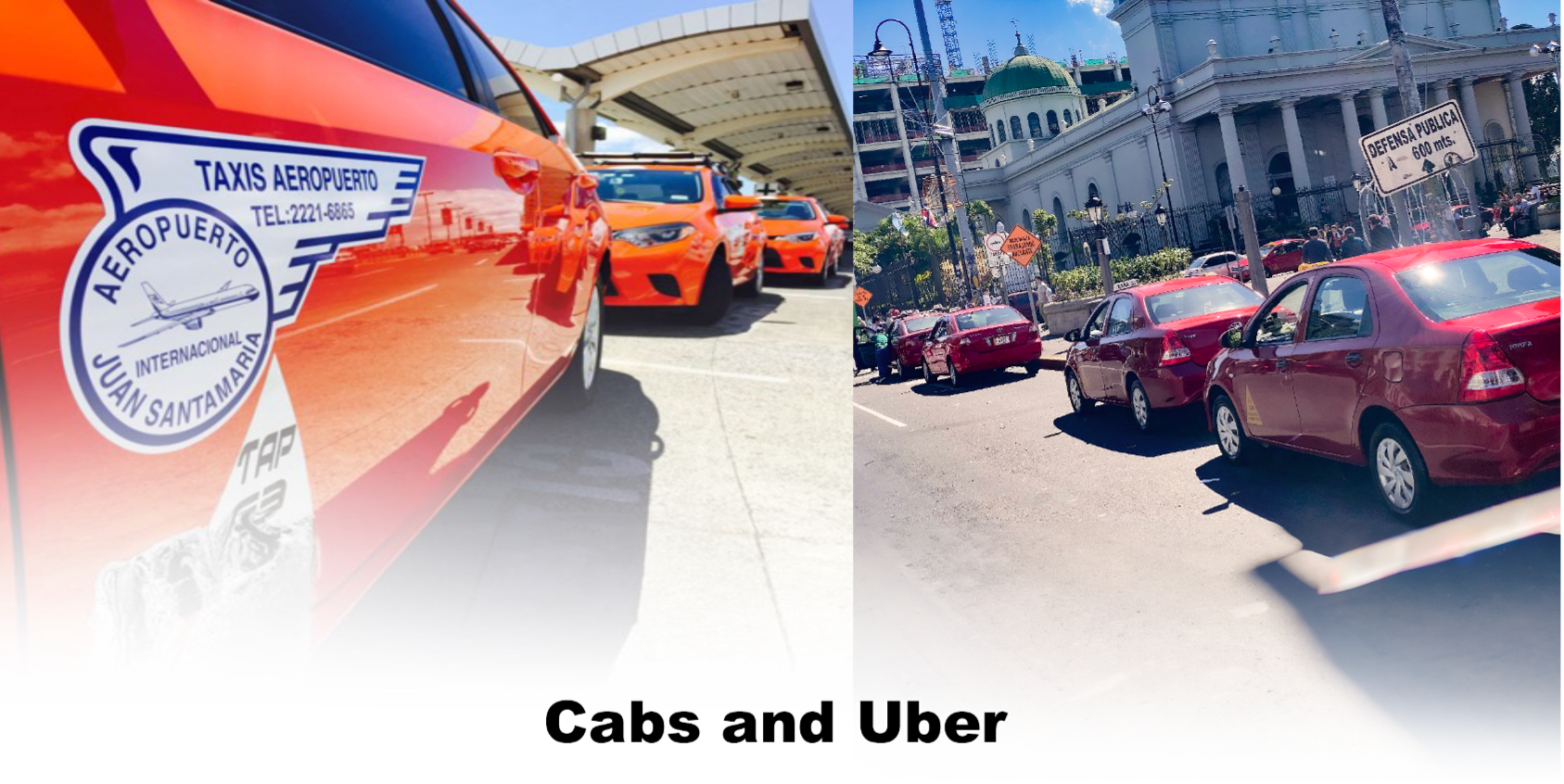
If using a cab, remember these basic rules:
1) Don’t slam the door like you’re getting into a 1949 Buick with rusty hinges. It makes the driver furious. Easy does it.
2) Have smaller denominations of cash. (CRC 100, 500, 1000, 2,000s).
3) Never assume the cabbie knows the location where you want to go, no matter his level of confidence. Use WAZE and show them your cell phone screen.
4) When possible, choose as late a model of the cab as possible. If a derelict version shows up, you can refuse the ride.
5) At the SJO Airport, use only the orange cabs and vans.
6) If you are calling for an Uber and have luggage, stipulate a larger vehicle for a higher fee. Otherwise, a microcar the size of a roller skate will appear. Not a good scene when rushing to catch a flight. On average, Uber cars in Costa Rica are much smaller than in the U.S. or Canada. But otherwise, Uber’s driving standards are on par.
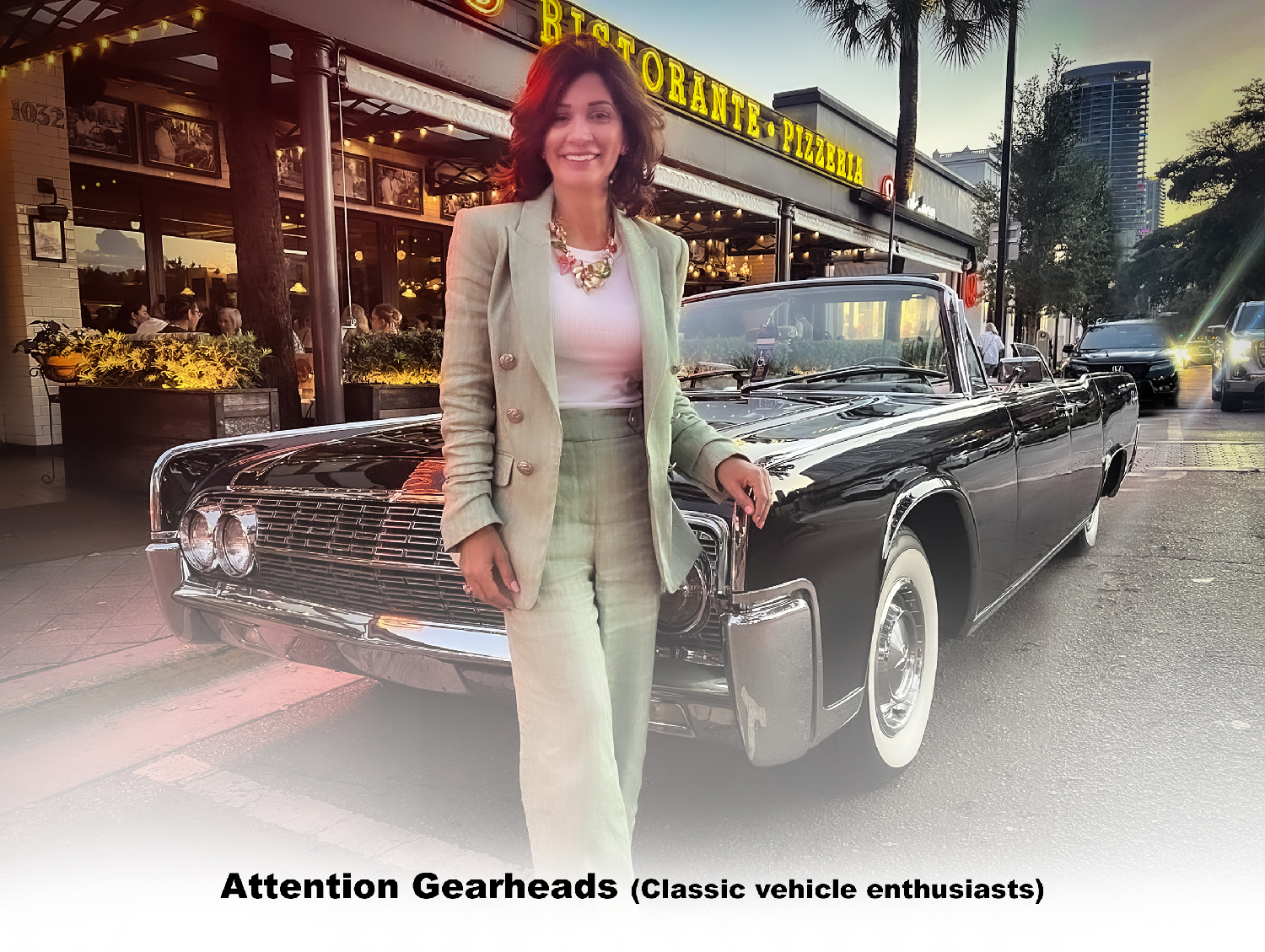
Not exactly my cup of tea, but with several family men really into it, I am “invited” to attend some rather nice classic car shows each year. There is a vibrant classic car culture here in Costa Rica, with very skilled service and restoration shops. You’d be surprised. There are at least three significant annual classic car shows in the Central Valley with impressive vehicles, many of which were fully restored here in Costa Rica. They can be imported with low import tax but with special provisions. Again, it is crucial that you retain the services of a well-vetted customs broker to import such a vehicle properly and economically. If you have questions about this, please let me know.
“Lincoln” Laura
